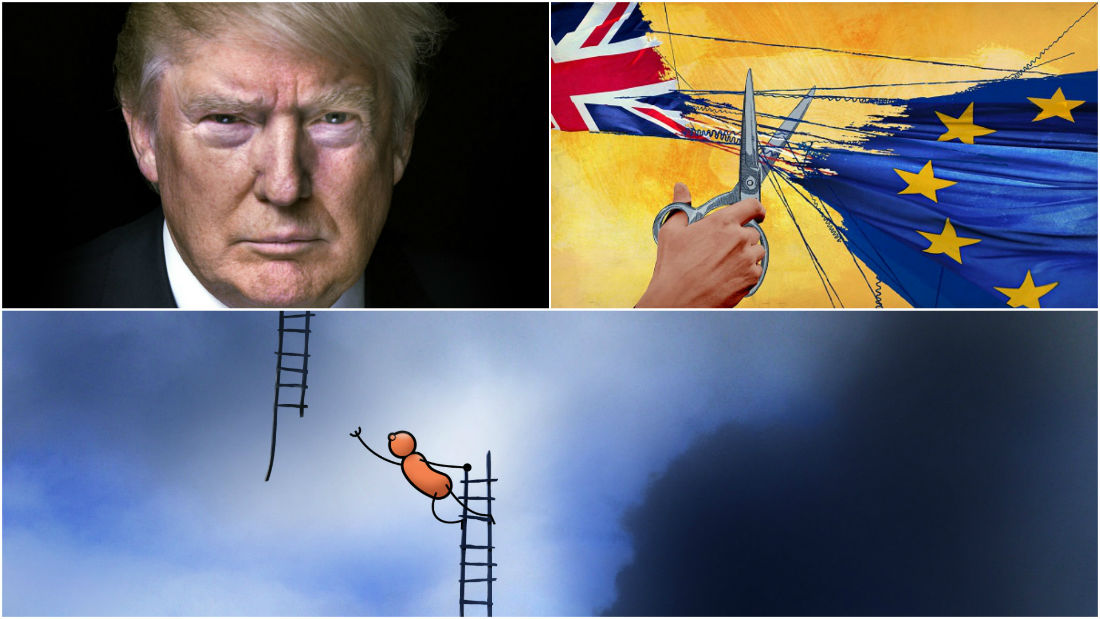What Can Procurement Learn From 2016?
From politics to procurement – 2016 has changed our outlooks. But what can the profession learn as we head towards the new year?
I’m not a political person, never have been, but maybe 2016 has put paid to that. It could be my advancing years or the direct relevance the events of 2016 have created, but politics has now piqued my interest.
Furthermore, as a business owner, parent and amateur investor, it’s beholden on me to be well informed and to put in place risk mitigating strategies should the worst happen.
Different Outlook
To anyone who knows me, I think I’d fairly describe myself as a cautious optimist. Someone who believes in the enduring power of ‘doing the right thing’. I must say this outlook has been tested to its limits these last three months.
And with the result of last Wednesday’s US election now a reality, I find myself having to re-evaluate this mantra.
I think it’s fair to say that few people in business expected the UK to vote for Brexit. Even fewer expected the US to elect Donald Trump as President. To say that the pollsters who predicted strong contrary outcomes have been wrong-footed is an understatement.
As BBC correspondent Mark Mardell wrote on Wednesday, “it is perhaps ironic that our two countries, with a reputation for stable political systems, have declared political revolutions of such importance”.
Ironic or inevitable, if find myself asking. As Trump put it, his path to victory was ‘not a campaign, but a great movement’.
Undoubtedly from these 2 cataclysmic events there is the notion that globalisation has given folk a raw deal. There is a belief that the gap between rich and poor has widened. This is clearly nothing new.
But the events of 2016 are now showing us that people are willing to express their desire for change in a manifest way, and that the UK’s referendum and US elections have facilitated this expression. Clearly the belief that ‘we need people who change the world, rather than describe it’ has never been more true.
Politics & Procurement
So aside from emotive connotations of such seismic change, what can the Procurement profession learn about these events?
I’ve always read with interest the term ‘Force Majeure’ in contracts, essentially the common clause that frees parties from legal obligation when an extraordinary event occurs. Is 2016 now the year of Force Majeure?
As organisations have historically rushed to globalise their supply chains, are we now going to see a reversal of this and a more localised, protectionist approach to markets? The challenge for Procurement Leaders will be how to predict these events and to mitigate the risks associated with global change.
Without doubt we are entering an era that favours a less politically correct approach of yesteryear, one that rewards forthright opinions and direct action. The new breed of procurement practitioner will need to build this thinking into category plans, sourcing strategies and contracts.
I, for one, will be watching with interest.
